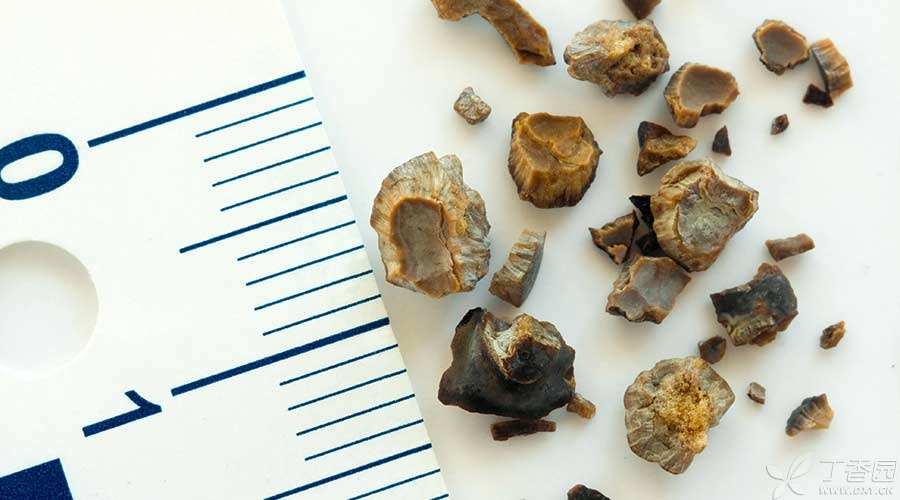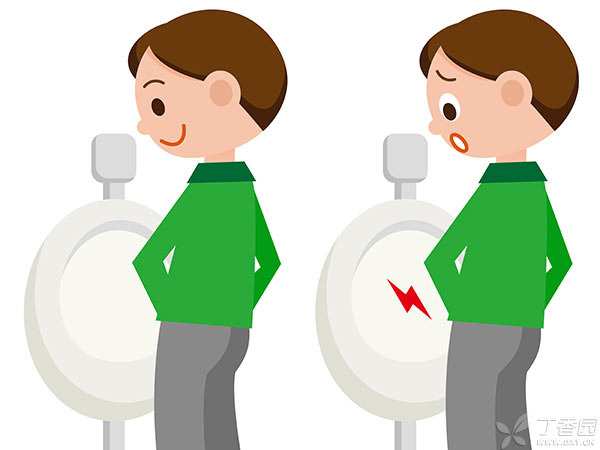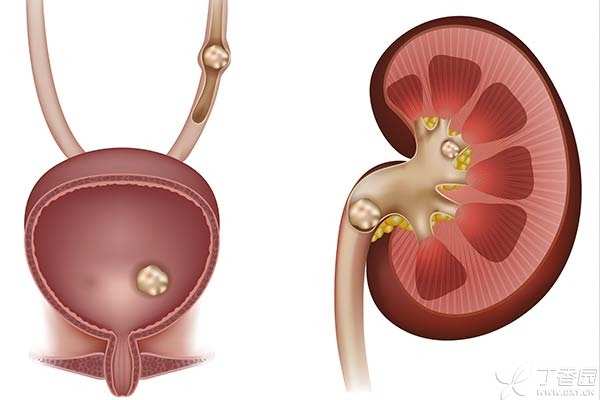
Urinary calculi are also called urolithiasis, urinary calculi, It is one of the most common diseases in urology. Urinary calculi can be divided into kidney calculi, ureteral calculi, bladder calculi and urethral calculi according to their location. We often hear people talking about urinary calculi, and they will hear: “If the calculi do not hurt, there is no need to treat them again” and “If the stones that have hurt do not hurt, there is no need to worry about them”.
Is this really the case?
Urinary calculi are not more painful and more severe.
Myth 1. Stone never hurts, so no treatment is needed.
Small kidney stones will slowly become larger, if drinking too little on weekdays, plus no active examination, accumulated over time eventually formed a larger antler-shaped stone. When the stone size is consistent with the space of the kidney, such as not causing calyx, renal pelvis obstruction or secondary infection, can be asymptomatic for a long time.
However, this does not mean that there is no need for treatment without pain. Because when symptoms occur, serious hydronephrosis may be caused by too large stones or stone incarceration for too long. Long-term hydronephrosis compression can cause renal atrophy and permanent loss of renal function.
Myth 2. If the painful stone no longer hurts, don’t worry about it.
There will be no more pain after the stone hurts once. Some people think that the stone has already been discharged and there is no need to worry about it any more. In fact, this idea is also very dangerous.
Because it is possible that stones have not been discharged, but may cause urinary tract obstruction.
Once obstruction causes stagnant water, renal function will be seriously affected.

Why did the stone find you?
There are many factors that affect the formation of urinary calculi. Age, sex, race, etc. will affect the formation of calculi. What habits do we have in our daily life that make us easy to get stones?
1. Sit for a long time and drink less water.
The onset of urinary calculi is related to occupation.
For example, pilots, office workers, etc. often sit down due to work reasons. In addition, if they drink less water at ordinary times, urine will not be diluted, urine concentration will increase, and stone crystallization and deposition in urine will easily form stones.
Similarly, if people who do not love activities have small stones or silt-like stones in their kidneys, due to lack of exercise, these small stones are not easy to be discharged out of the body, accumulate over time, and grow up slowly.
2. Unreasonable diet structure
As the saying goes [disease comes from the mouth], so does stone disease.
Excessive consumption of foods containing oxalic acid, such as spinach, beans, tea, grapes, etc. in daily life is easy to cause calcium oxalate stones. Patients with urate stones should not eat foods rich in purine, such as animal viscera, seafood, etc. Excessive intake of protein and fat is also easy to form calcium oxalate and calcium phosphate stones.
In addition, soft drinks such as soda water contain high sugar and heat, which is easy to accelerate the loss of water in the body and increase the burden on the kidney.
3. Geographical and climatic differences
Urinary calculi have obvious regional and climatic differences.
The incidence rate is higher in mountain areas, deserts and tropics, with more in the south than in the north. Summer and working in high temperature environment are both factors causing high incidence of stones.
4. Secondary factors
Urinary tract obstruction and infection are also the main factors inducing stone formation.
Common urinary tract obstruction is caused by congenital urinary tract malformation and senile prostatic hyperplasia. Urinary tract infection is often combined with obstruction and calculus.
In addition, hyperparathyroidism, hyperthyroidism, increased cortisol and long-term bed rest will also lead to the occurrence of stones.

How to prevent stones?
Urinary calculi have a high recurrence rate due to their complicated causes. Therefore, the serious illness of stones is in prevention. The following measures can help you stay away from the trouble of stones.
1. Scientific Drinking Water
Drinking too little water every day will make urine supersaturated, resulting in the formation of stones.
Is it appropriate for how to drink water?
- It is generally recommended that the daily intake of liquid is 2.5 ~ 3L to ensure the urine volume is 2 ~ 2.5 L, keep the urine color clear and light yellow, and avoid drinking too much Coca-Cola, caffeine, grape juice and other people with poor renal function and cardiac function, and should drink appropriate amount of water.
Step 2: Adjust your diet
Change bad eating habits, maintain a balanced diet and nutrition, and appropriately increase the intake of fruits and vegetables.
3. Maintain a good state of mind and increase exercise appropriately.
Overweight increases the risk of stones.
Proper exercise, weight loss and timely replenishment of water when excessive water loss are all ways to prevent calculus.
4. Analysis of stone components to guide the prevention of stones
If there is a history of stones in the past, the components of the discharged stones should be analyzed to clarify their components and formulate effective preventive measures.
For example:
- Patients with calcium oxalate stones should eat less spinach, parsley, peanuts, black tea and other foods rich in oxalic acid. Uric acid stone patients should eat less animal viscera and seafood, limit high protein food and drink less beer. Patients with calcium phosphate or phosphate stones should eat less egg yolk, beans and milk. Urinary tract infection should be relieved for patients with infectious calculi.
5. Timely treatment of causes
How to do it? Primary diseases such as urinary tract infection and hyperparathyroidism should be treated in time.
To sum up, urinary calculi should be prevented. We should receive B-ultrasound examination at least once a year. We should pay attention to drinking water, exercising more and eating a balanced diet in our life.
Small renal stones (less than 0.6 cm) can be observed if there is no water accumulation and pain. When the stones are large, different individualized treatment schemes should be selected according to different parts and sizes. Extracorporeal lithotripsy and blind open lithotomy should not be accepted too frequently. Minimally invasive surgery should be selected as far as possible for the treatment of stones.
Editor: Katherine
Author: Liu Luhao
This article is exclusively authorized to be used by Clove Garden and refuses any other form of reprinting.
Source: shutterstock.com
